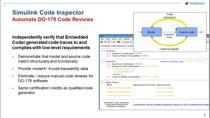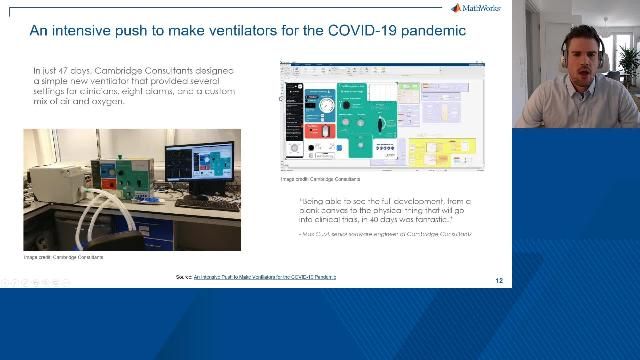Developing and Delivering the New Generation of Software-Defined Vehicles
The development of automotive systems and software is being redefined to deliver perpetually upgradeable software-defined vehicles. The user experience of these vehicles will be largely defined by their software capabilities and value-added services. The solution landscape is complex with no single winning strategy. Delivering this software requires a mindset shift; updated organizational structures; introduction of new processes, methods, and development platforms; and the forging of new partnerships. Some additional challenges include optimizing engineering methods with changing OEM/Tier-1 relationships, leveraging hyperscalers, and using both models and vehicle data for optimization. Model-Based Design, AI, and DevOps have emerged as a set of typical approaches that both challengers and incumbents are adopting. Clean-slate implementation of Model-Based Design and development processes has enabled newcomers to exploit their software development expertise. Established players are looking to turn their technical legacy into their advantage by bringing years of rigorous Model-Based Design and system development experience together with new software and data capabilities to master the business transformation.
In this talk, Jim Tung, chief strategist at MathWorks, contrasts these approaches and presents mindset shifts and strategies needed to enable the systematic use of models and data that is helping to develop a new generation of software-defined vehicles.
Published: 22 May 2023




